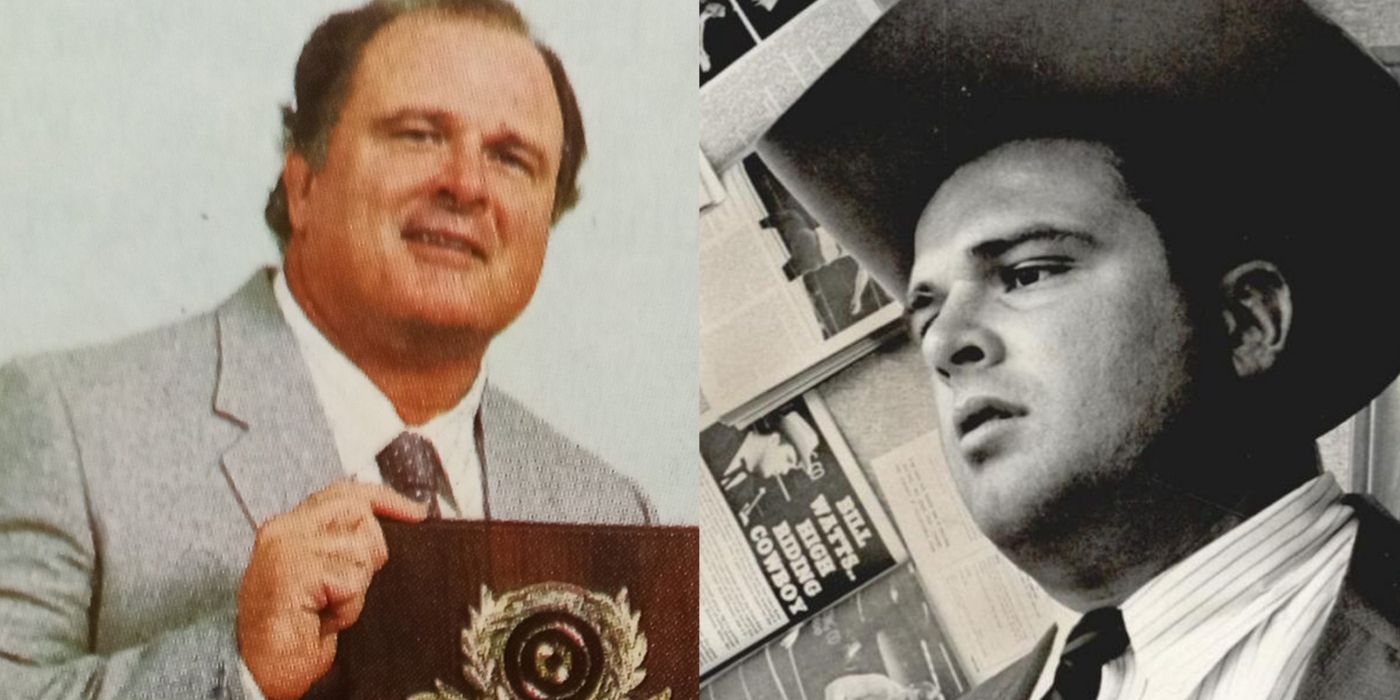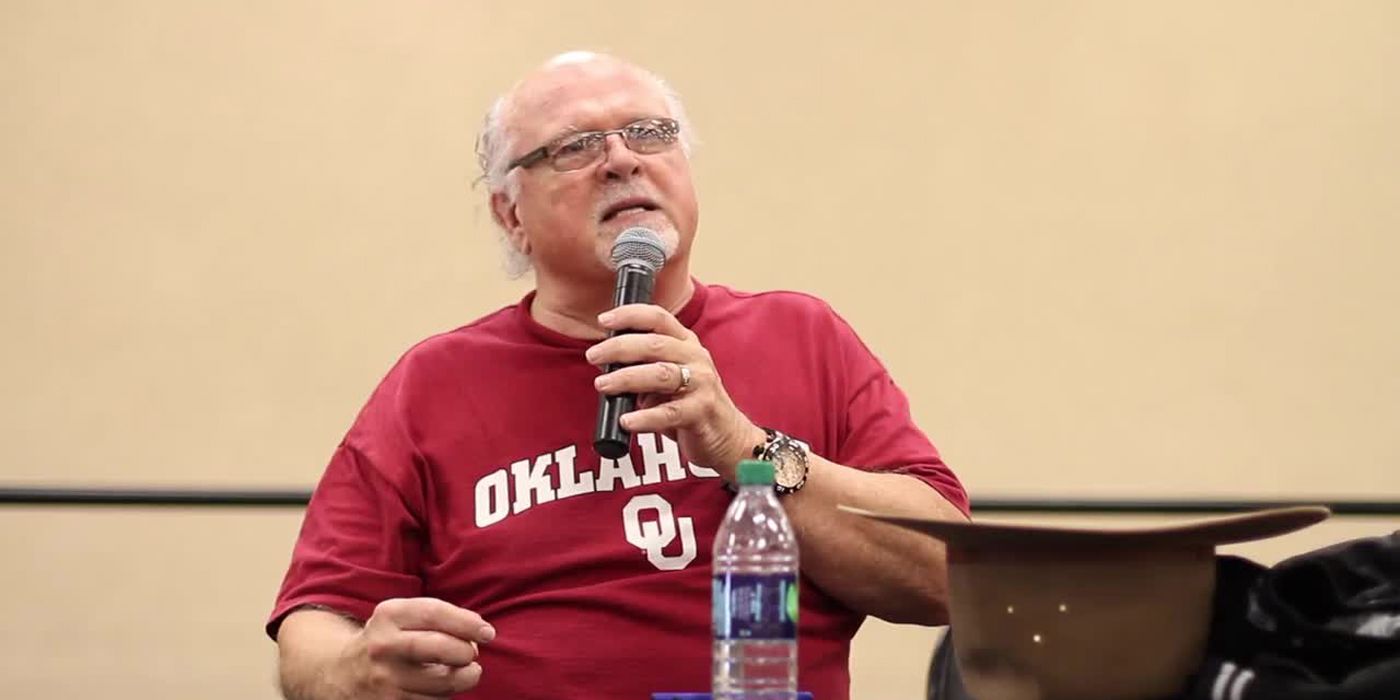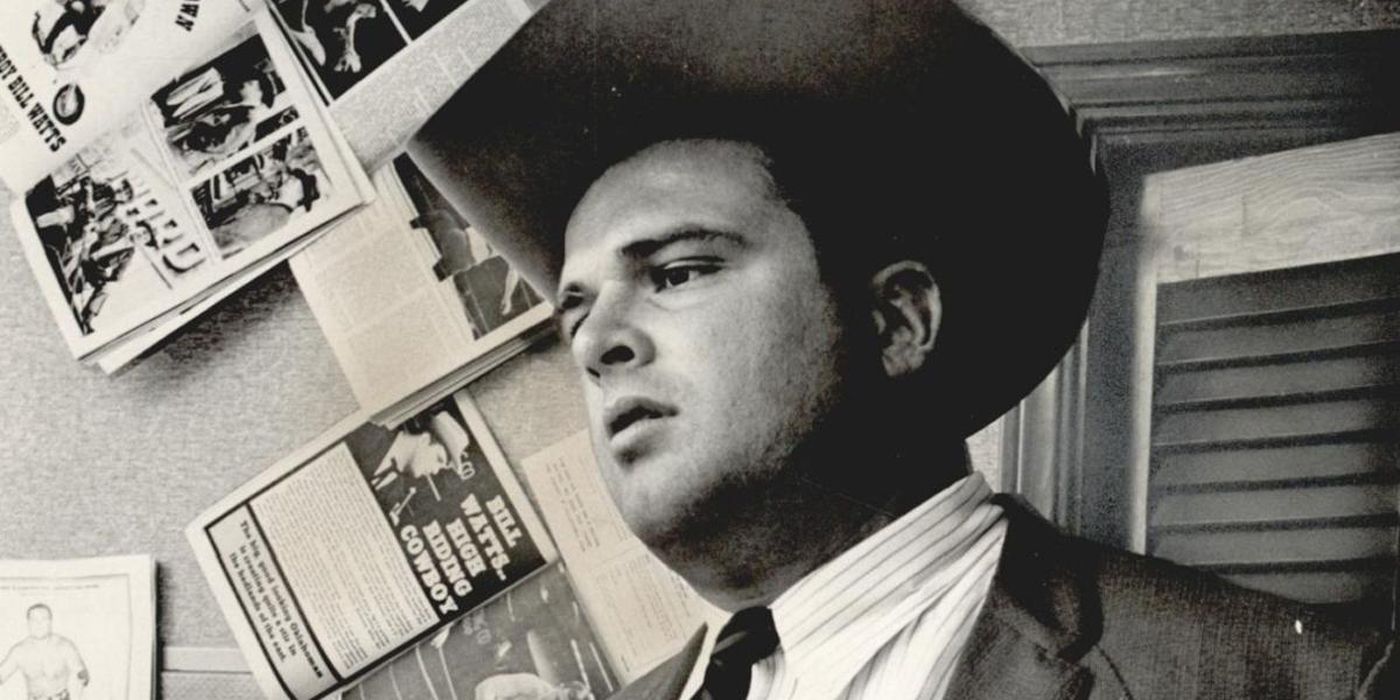Cowboy Bill Watts was one of the most successful promoters in wrestling during the territory days. In 1979, he began building Mid-South Wrestling in Oklahoma and Louisiana and ended up with arguably the best wrestling territory in the United States. At one point, his Mid-South Wrestling competed successfully against Crockett Promotions in the Carolinas and the growing WWE.
However, Mid-South Wrestling died because of things out of Watts' control. The oil recession in Oklahoma cost the company both money and fans, as people no longer had money to spend on things like wrestling. However, after selling his company to Crockett Promotions, Watts never got wrestling out of his blood. He wanted to return, and he got a chance in WCW in 1992. Wrestlers and fans got excited about his return, but then he showed up and implemented his rules, and everything went wrong.
Bill Watts Banned Moves Off The Top Rope
Bill Watts had a lot of rules he held onto from his days running Mid-South Wrestling. He had tremendous success in Mid-South, one of the first promotions to create episodic television for professional wrestling. His storylines were always intense and interesting, and he created stars like Ted DiBiase, Hacksaw Jim Duggan, Dr. Death Steve Williams, and more. He even helped men like Rick Steiner and Sting break into the business. However, one thing those men had in common was that they were mat technicians and rarely flew. Watts hated the idea of smaller flying wrestling stars and banned all moves from the top turnbuckle.
This was tough, and it possibly showed that Watts wasn't paying attention to where wrestling was headed. A short time before Watts showed up, Flyin' Brian Pillman and Jushin Thunder Liger put on a masterclass in WCW and many called it one of the company's best matches. The cruiserweights were about to explode, and with one rule, Watts killed everything that helped separate them from the crowd. Fans wanted faster-paced action, but Bill Watts had made his name by presenting hard-nosed wrestling action, and this was not his style. In the end, it turned away not only the wrestlers but also many fans.
Watts also implemented some other rules that seem ridiculous in today's wrestling world. He banned fighting around the ringside area. He considered it "cheap heat" and wanted the action to remain in the ring. This also came with Watts ordering that WCW remove all the blue mats from the ringside area, which made it look rougher, but had the expected side effect of injury risks. In Mid-South, there were faster wrestlers, like the Rock 'n' Roll Express, and there were fights outside the ring, but Watts wanted to rein everything in, and as a result, he neutered WCW's wrestling action, and never added the great storylines people expected in exchange.
Bill Watts Kept Kayfabe At All Costs
There were also major rule changes outside of wrestling matches. One thing that Watts did in Mid-South Wrestling was to protect kayfabe at all costs. Listen to his commentary on old Mid-South shows, and Watts often made fun of WWE for bringing in non-wrestlers and celebrities to shows. He would never use an actor or an untrained athlete in a match because it was not realistic in his eyes. Mid-South had autograph signings before shows, but fans would never see a heel at the autograph tables. In 1992, this seemed too old-school, but Watts brought those rules into WCW and alienated many wrestlers.
One rule that hit the hardest was banning all babyfaces from interacting with heels outside the wrestling shows. Friends could no longer spend any time together if one was a good guy and one was bad. People who always traveled together could no longer do so, and people who had close friends in the company had to put their friendships on hold, even in their free time, while wrestling for WCW. These wrestlers would have to stay at different hotels and eat at different restaurants. Bill Watts also banned any heels wives and kids from attending shows because a bad guy should not be a loving husband or father.
Watts also maintained that wrestlers follow storylines even outside the arenas. If a wrestler takes a beating on a show, and fans see him eating at a restaurant that night, Watts would fire them on the spot. Furthermore, all wrestlers had to sell their injuries when traveling in between shows in case a fan saw them in public. This also took a toll on wrestlers, who had their contracts lessened under Watts. Tully Blanchard almost made his WCW return as a Four Horsemen member, but Watts low-balled him into a per night deal, and Blanchard looked at the new rules and the money and stayed at home. It was no wonder that Watts' reign in WCW as its head booker ended after less than one year.



